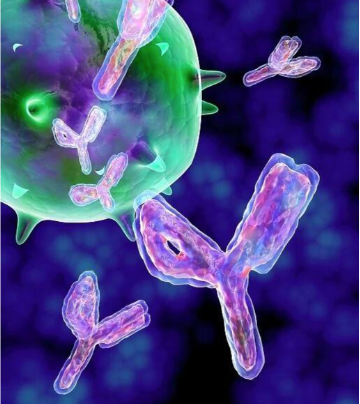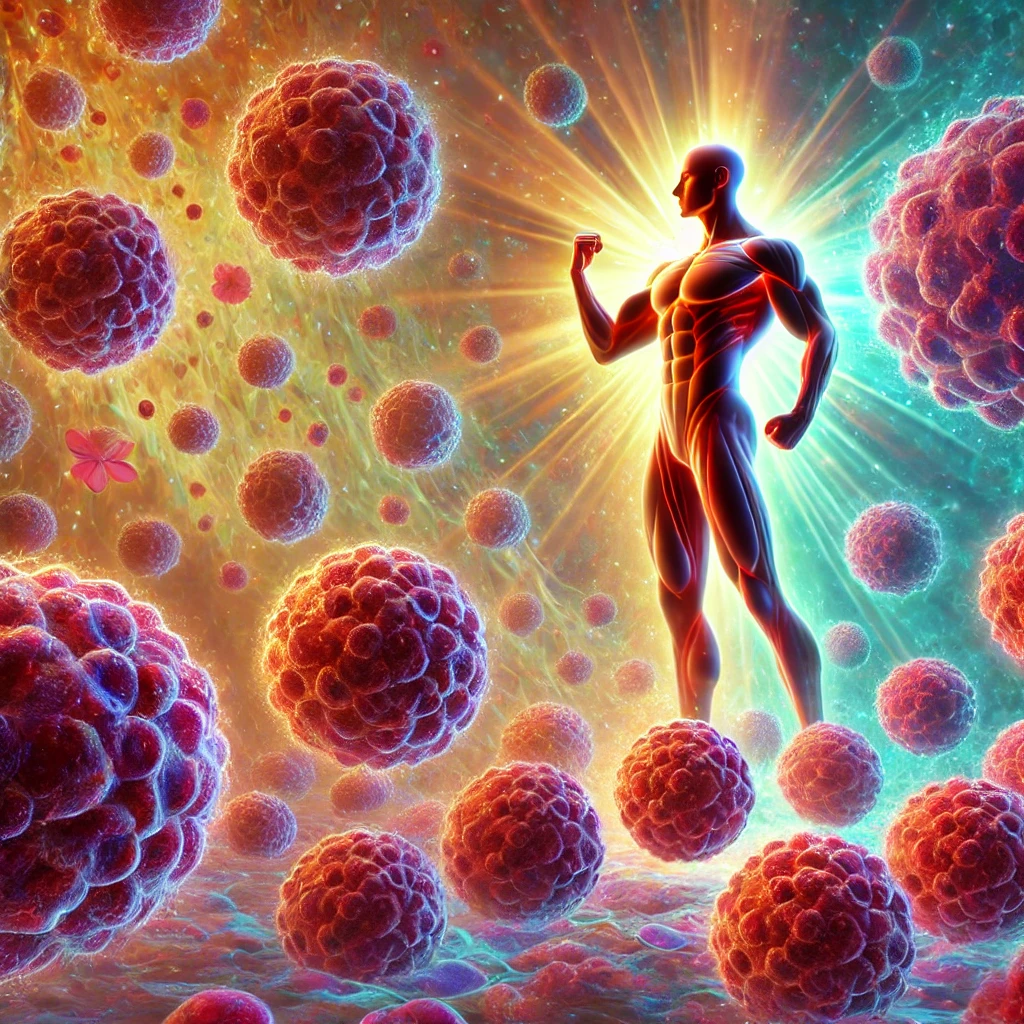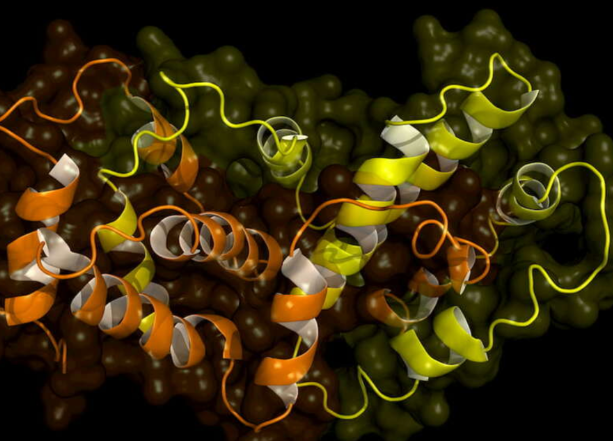There is a new way, there is a new type of treatment for fighting cancer, this is the immunotherapy.
Immunotherapy can be called immune-oncology if applied to oncology, but how does it work?
This kind of therapy aims to prevent, control and eliminate cancer, harnessing the power of our own immune system.
There isn’t just one kind of immunotherapy. As a matter of fact, this approach can take advantage of several mechanisms: targeting antibodies, developing new vaccines or utilising cytokines.
Surgery or chemotherapy can also be improved when used in combination with immunotherapy treatments.
Our immune system has some advantageous features that can have an important role in fighting oncologic diseases.
It’s precise, we can choose to target only the cancer cells and not the healthy cells; dynamic, we need this feature because cancer change its nature very quickly so our “weapon” need to be as fast as possible; it has a long memory, immune system cells remember how cancer cells look like so they can eliminate them faster if they return.
Why should we choose immunotherapy?
Immunotherapy is treatment that uses a person’s own immune system to fight cancer. Immunotherapy can boost or change how the immune system works so it can find and attack cancer cells.
Unfortunately immunotherapy can’t be adopted by all cancer patients so some kind of tumors cannot be treated with this therapy. Neoplasms with an high mutation number have a good feedback with immunotherapy drugs.
Immunotherapy holds the potential to become more precise, personalized and effective than the current treatments and with less severe side effects than chemotherapy.
We have in our hands an incredible weapon to fight, a weapon that can deliver more and more in the next years.
We also have to consider the life quality during the treatments, chemotherapy could be effective but not everyone can live with the side effects. Every person is unique so there are a lot of immunotherapy types.
- Adoptive Cell Therapy is a form of treatment that uses our immune system cells to eliminate cancer. The immune system can recognize the infected cells

- Cancer Vaccines can help the immune system cells to recognize how cancer cells look like so they can eliminate the infected cells. There are two types of approved vaccines: preventive like Cervarix or Gardasil and therapeutic like Bacillus Calmette-Guerin (BCG). The first type are vaccine to prevent healthy people from getting certain cancers caused by viruses, the second one work to boost the body’s immune system to fight cancer.
- Immunomodulators can be divided in four categories: checkpoint inhibitors, cytokines, agonist and adjuvants.
- Checkpoint inhibitors, like Avelumab, work by blocking immune checkpoints that tumors often manipulate to shut down immune responses. They can enable T cells to eliminate cancer cells.
- Cytokines, like Interferon a-2a, are messenger molecules and they regulate immune cell maturation.
- Agonists help to activate “killer” T cells that attack directly cancer cells.
- Adjuvants activate pathway that promote adaptive immune responses.
- Monoclonal antibodies (mAbs) are a treatment that can suppress cancer cell activity and alert the immune system. Antibodies protect us against bacteria, viruses, cancer cells and they are made by B cells.
mAbs bind to cancer cells and they can disrupt important oncogenic pathways, like uncontrolled growth. These mAbs help the immune system to eliminate the cancer cells. Bevacizumab is a monoclonal antibody which inhibits tumor blood vessel growth and it’s used for treating some types of cancer like the ovarian cancer.
- CAR-T cells, or chimeric antigen receptor T cells, are a type of immune cells used in cancer immunotherapy. These cells are created by genetically modifying T cells from a patient’s own immune system, so that they express a chimeric antigen receptor (CAR) on their surface. The CAR is designed to recognize and bind to specific proteins on the surface of cancer cells, which helps the CAR-T cells to target and attack cancer cells more effectively. Once the CAR-T cells have bound to the cancer cells, they can then kill the cancer cells.
- Antibodies-Drug Conjugates (ADCs) – in these treatments the antibodies brings an anti-cancer drug that is delivered to the tumors and can kill the cancer cells.
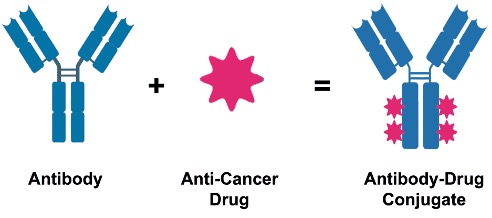
- Bispecific Antibodies are made by combining the targeting front end regions of two antibodies so we can bind two different targets, some of them are known as bispecific T cell engagers (BiTEs) and can target cancer cells and T cells.
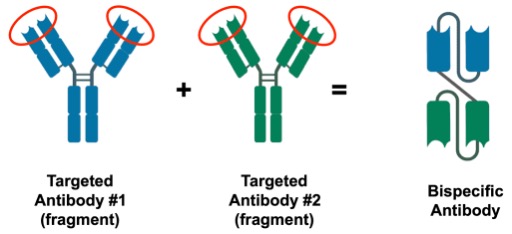
- how healthy you are before treatment
- your type of cancer
- how advanced your cancer is
- the type and dose of immunotherapy you are getting
- Pain
- Soreness
- Redness
- Rash
- Fever
- Weakness
- Dizziness
- Nausea or vomiting
- Fatigue
- Headache
SOURCE:

